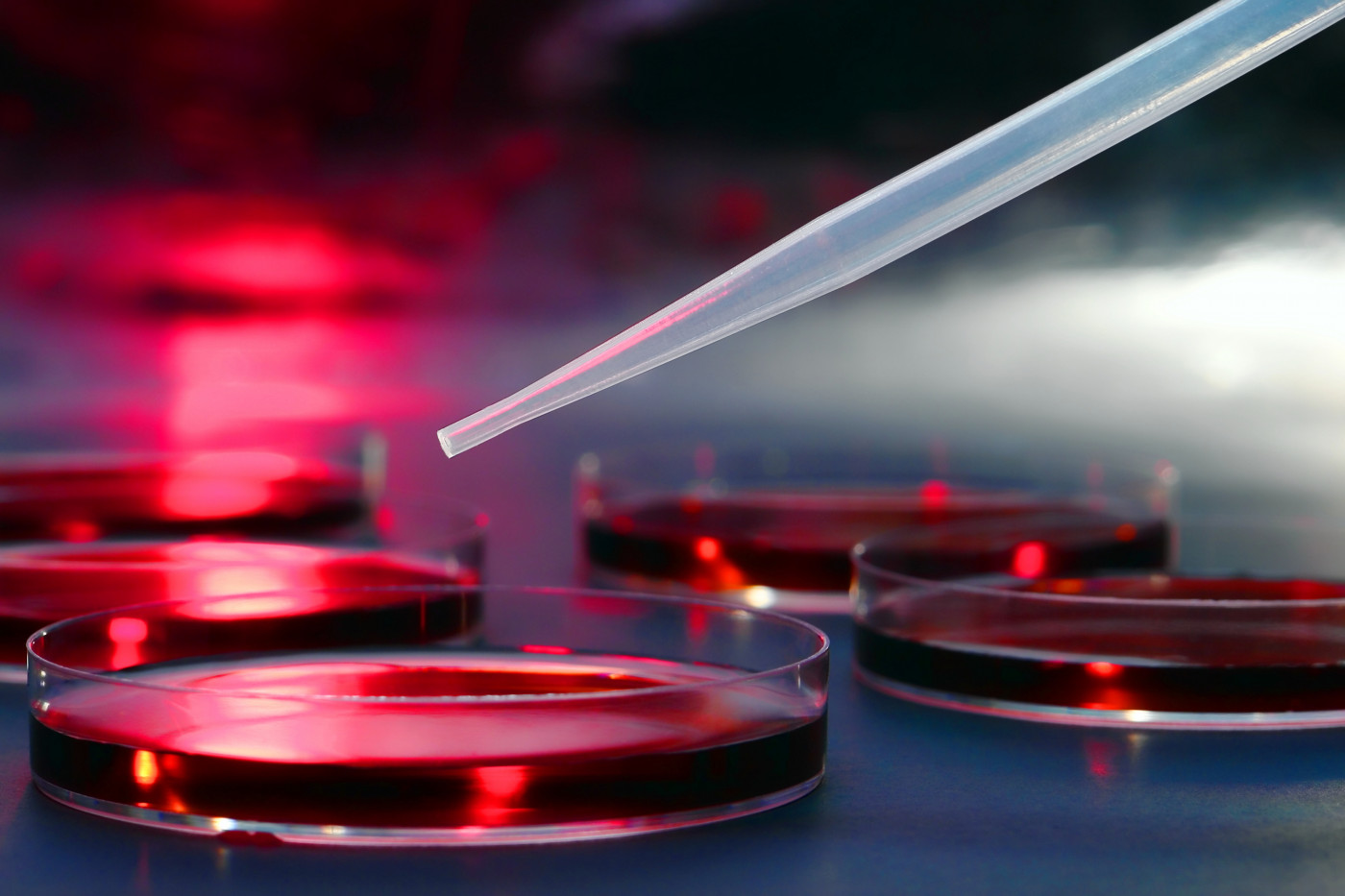NurOwn May Curb Damaging Neuroinflammation in MS, Study Finds

NurOwn, believed to have neuroprotective and repairing effects, may also be able to curb the damaging immune responses that contribute to multiple sclerosis (MS) progression, a recent study found.
This newly identified potential may extend the benefits of this cell-based therapy, its researchers believe.
The findings were to be presented at the 2020 American Academy of Neurology (AAN) annual meeting, in the poster “MSC-NTF Cell Immunomodulation: Effects on T and B Regulatory Cells.” The April meeting was canceled due to the ongoing COVID-19 outbreak.
NurOwn is a cell-based therapy that uses mesenchymal stem cells (MSC), cells capable of differentiating into other cell types, to promote and support the repair of nerve cells.
It involves extracting a patient’s MSCs from the bone marrow, expanding them, and maturing them into cells that produce high levels of neurotrophic factors — compounds that promote nervous tissue growth and survival. The cells are then reintroduced to the body via an injection into the spinal canal.
The therapy, developed by BrainStorm Cell Therapeutics, is being explored in an open-label Phase 2 trial (NCT03799718) in up to 20 people with primary progressive MS and secondary progressive MS at two U.S. sites, Stanford University — reported to still be enrolling progressive patients — and the Cleveland Clinic. It is also being tested in a pivotal Phase 3 trial (NCT03280056) in people with amyotrophic lateral sclerosis (ALS), another neurodegenerative disorder.
In addition to helping in nerve cells repair and in preventing further damage, preclinical studies suggest that NurOwn can modulate immune responses, meaning it might have an immunomodulatory role. This possibility led researchers to examine its effects on subsets of specific immune cells — B-cells and T-cells — known to behave abnormally in the brains of MS and ALS patients.
The team cultured NurOwn cells that were generated from healthy individuals with human peripheral blood mononuclear cells (PBMC) or isolated B-cells. Researchers then examined their effects on the proliferation and maturation of T- and B-cells, and on the levels of inflammatory molecules produced by the immune cells.
Levels of interferon gamma and tumor necrosis factor (TNF) alpha — two pro-inflammatory molecules extensively linked to progression in MS and ALS — were reported to be drastically lower after culture with NurOwn cells. In turn, interleukin-10 (IL-10), a major anti-inflammatory molecule, was stimulated.
The treatment also reduced the proliferation of CD4 and CD8 T-cells, two immune subsets that promote inflammation in the brain, and induced the expansion of regulatory T-cells and regulatory B-cells, which suppress other immune cells, results showed.
“Reduced T and B regulatory function may contribute to disease progression, and lower IL-10 levels may be associated with reduced ALS function and with higher disability and MRI lesion load in secondary progressive MS,” Ralph Kern, MD, president and chief medical officer of Brainstorm, said in a press release.
“The immunomodulatory properties of MSC-NTF cells, including their effects on T and B regulatory cells, and the observed increase in IL-10 secretion, may be an important contributor to the potential therapeutic benefits of NurOwn in ALS and progressive MS,” Kern added.
Notably, while overall B-cell proliferation was not affected, NurOwn prevented these cells from producing antibodies — some of which are known to damage the protective myelin sheath of nerve cells in MS patients.
These findings suggest that NurOwn may be able to modulate damaging immune responses in the brain which, combined with its protective and repairing roles, may offer extended therapeutic benefits.
Preclinical studies in Huntington’s disease, Parkinson’s disease, and in autism spectrum disorder are underway at BrainStorm to understand if this therapy can also benefit people with these disorders.
“Brainstorm is committed to fully developing NurOwn technology while continuing to expand our understanding of potential biological mechanisms of action that may contribute to its therapeutic effects in neurodegenerative diseases,” said Chaim Lebovits, Brainstorm’s CEO.
“We look forward to advance our technology platform across several neurodegenerative disease indications and bring much-needed solutions to patients,” Lebovits concluded.
All six researchers on this lab study, who include Lebovits and Kern, are employees of BrainStorm.






